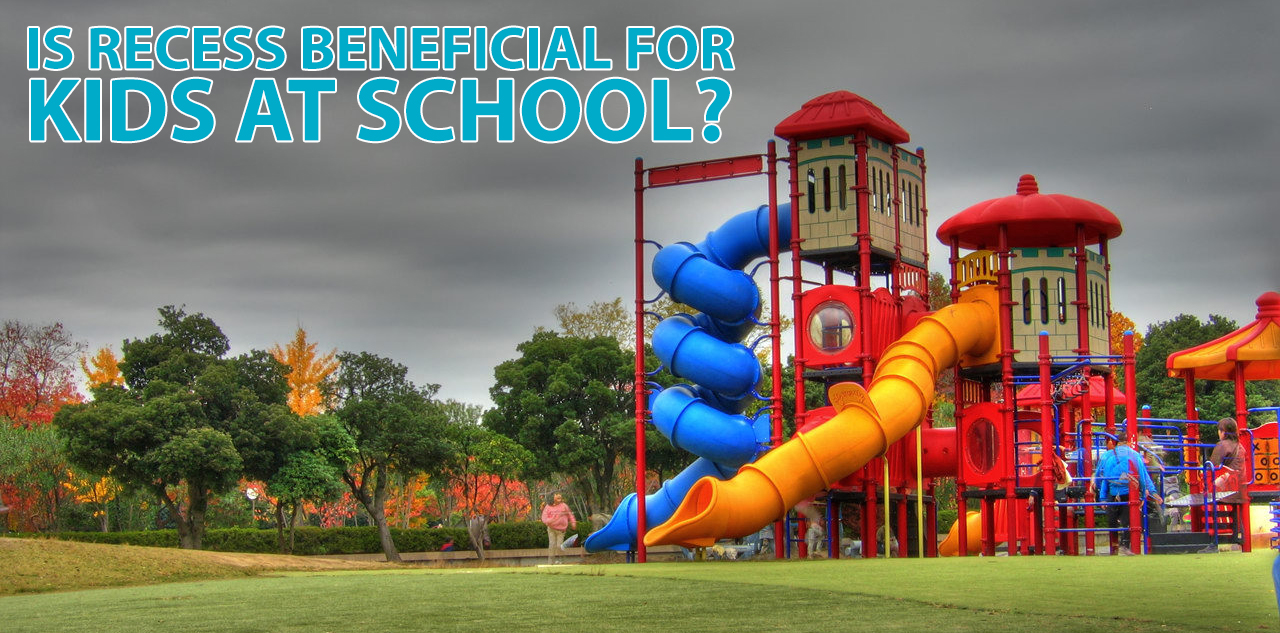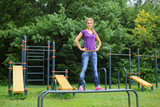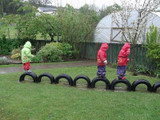Is Recess Beneficial For Kids At School?

Stanford research published in the "Journal of School Health" backs up that when schools organize recess as part of the school day, it provides many benefits for children other than a break from school work.
Students feel more engaged, positive, and emotionally safe. There should always be adults present during recess that are actively paying attention to the children. Milbrey McLaughlin, Professor of Education and Public Policy of David Jacks states, "Recess isn't normally considered part of school climate, and often is shortchanged in tight fiscal times, but our research shows that can be a critical contributor to positive school climate in low-income elementary schools." Here are some benefits children receive by participating in an organized recess-based program:
Better Attendance and Grades
Netherlands researchers through 14 studies reported that children who exercise more either at school or home, tend to have higher GPAs and do better on tests. Researchers also found that the more children moved, the better their grades were in school. Some argue that recess takes away from study time. This is pushed more especially with the dropping of standardized test scores in the US over the recent years. But it seems that kids that exercise are improving blood flow to the brain, improving memory and creativity, all of which is important to a child's learning process.
Improved Attitudes
Quality recess can provide a positive experience in learning and how to resolve conflicts. Rather than letting the children run wild, teachers and coaches coordinated games with established rules, introduced ways to deal with conflict, and encouraged positive language and behavior.
Emotional Stability
Recess is a time for students to socialize and share emotional interactions that normally can't be found in the classroom. When in class, teachers lead the students, but while on the playground, the kids feel more free to develop social interaction. It's important for kids to have that time to learn about critical life skills such as teamwork and conflict resolution.
Reduced Bullying
By structuring an organized recess program, teachers reported that students were encouraging other kids rather than demoralizing them. There was less bullying that took place on the playground, and kids felt safer.
Recent Posts
-
Parent's Guide To Working Out At the Park
When you become a parent, any “you-time” quickly becomes time for your kids. It is easy to fall
-
Creative Uses For Recycled Tires On Your Playground
As discussed in our last post, recycled tire mulch is becoming a popular choice for playground foot


